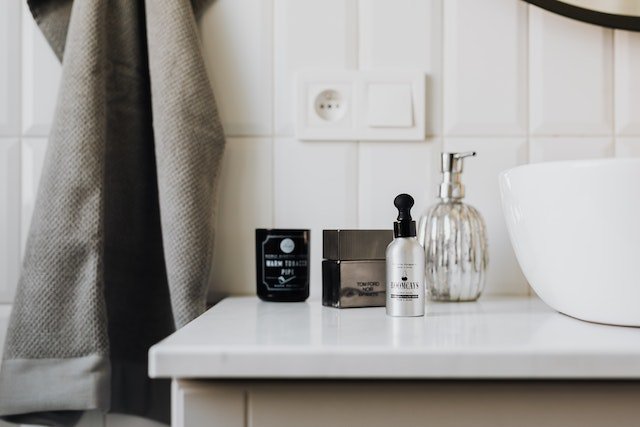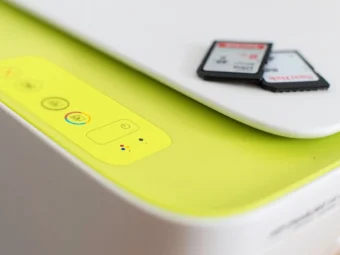
SOAPOSH 2022 : Selling Own Manufactured Perfumes And Soaps
As a local manufacturer of soaps, shampoos and perfumes, you can do it yourself. You don’t need to spend money on advertising or marketing your business. In this article we will teach you how to start your own soap factory in 2022 by selling your own manufactured soaps and perfumes
Table of Contents
i. Planning the business venture
If you want to start a soap business, the first step is to decide how you will structure your company and what kind of entity it will be. There are several options:
- A sole proprietorship—the simplest type of business structure and one that most people choose when starting their own companies. The owner bears all the financial risk in this type of business because they have no employees or other partners who could assume liability for losses incurred by their operation (like a partner would). In addition, if something goes wrong with your product or service, there’s only one person who can take responsibility for fixing it! This may sound like an ideal scenario but keep in mind that as soon as you add employees or partner up with other people, things become more complicated because now there are multiple parties involved with which issues might arise — so think carefully before making any decisions about expansion plans!
- A partnership agreement—a legal document signed by two or more individuals (normally called “partners”) stating they agree on certain terms related directly related specifically identified activities undertaken within their respective purview; these include ownership percentages among themselves but also specific duties associated specifically identified responsibilities pertaining specifically identified tasks performed during such time period.”
ii. Knowledge on making soaps and perfumes
- How to make soap and perfume.
- What are the ingredients used in them?
- How to use them? And how to store them.
iii. Quality control
Quality control is a very important aspect of manufacturing. It is essential to ensure that the products you produce are consistent in terms of quality and performance. If your products are not up to par, it can lead to customer dissatisfaction, which will ultimately hurt your business.
To identify potential problems with your product line, you must have a system for testing each batch before it leaves the factory floor. This process should include an analysis of ingredients and production conditions (such as temperature) during production so that any issues can be addressed before being shipped out for sale or distribution by retailers or wholesalers alike!
iv. Packaging
- Packaging: Packaging is important to ensure that your product is protected from damage. The packaging should be attractive and eye-catching, but also easy to open and close. It needs to be easy to store as well, so you don’t have an unorganised pile of soap in the corner of your bathroom cabinet!
- Price: You need a price point that matches what consumers are willing to pay for it (i.e., if they can buy it at Walgreens for $3 per bar, then offer them one for $5).
v. Marketing and advertising the products
Marketing is the process of finding out what customers want, and then giving it to them. Marketing can be done in different ways, including advertising and public relations. Advertising is when a company spends money on advertisements that show their products or services (or those of competitors) in order to get people’s attention. Public relations involves talking with people about your company—such as through news stories or articles about you—to help build relationships with customers or other groups who may be interested in buying products from you too!
think about a name for your business
The first step to selling your soap is to come up with a name for your business. The name should be easy to remember, short, unique and easy to pronounce. It should also be easy to spell so you don’t have any spelling mistakes in the title of your business.
As a local manufacturer of soaps, shampoos and perfumes
- Before you start your business, it’s important to plan out how you’ll make money.
- Examine the market for soap and shampoo products in your area. Do people need it? Are there other companies that sell similar products? What type of prices are customers willing to pay for these items? How much time does it take from the time a customer places an order until the product is delivered (or picked up)? How much do those orders cost per unit; if they’re purchased online or over the phone, will they be charged by weight or volume?
- Research competitors’ products and pricing structures to see what makes them successful and identify gaps in their offering that might be filled by yours. For example, perhaps there is no local competitor who specialises in bath scrubs because few people use them—but if soaps were more popular than shampoos at home this would change everything! Or maybe there are no local retailers selling perfume at all; but if soaps were marked down 20% every year until eventually being discontinued altogether…
Conclusion
In conclusion, we have highlighted the importance of startup entrepreneurs to be knowledgeable about the markets they are entering. By doing so, they can better prepare for success and avoid costly mistakes.
For more interesting articles, visit PostManic.
Last Updated on November 12, 2022













